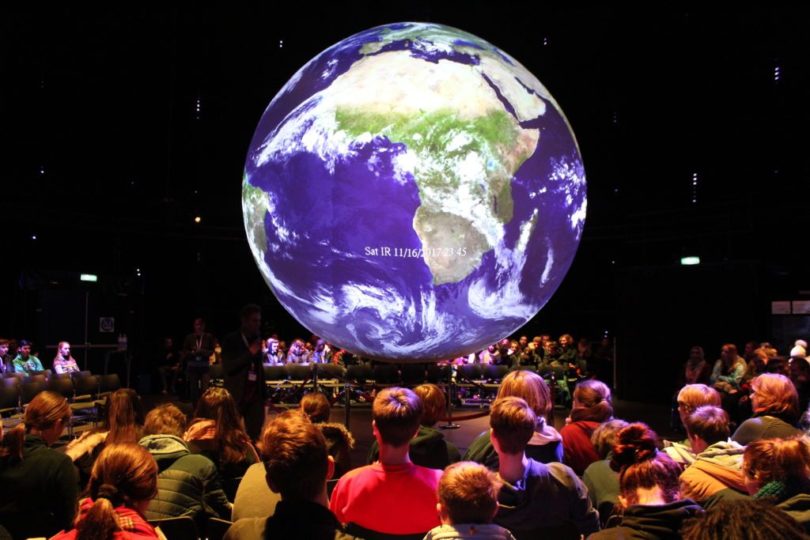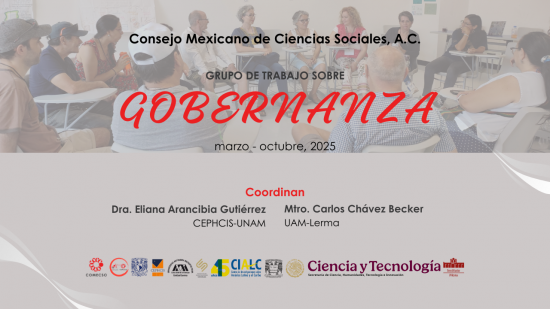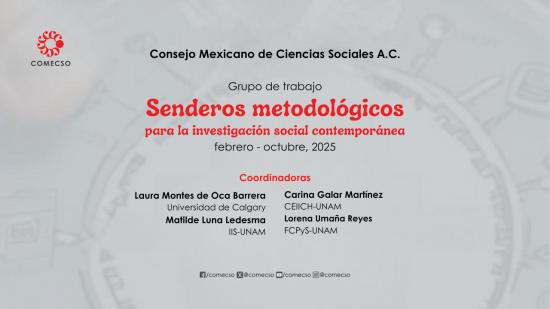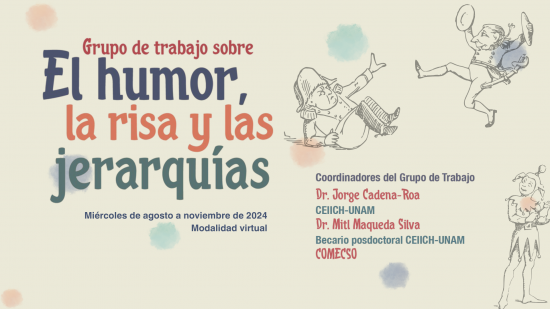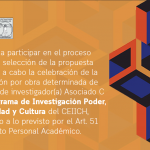Teaching Climate Change Across the Disciplines
Next Earth: Teaching Climate Change Across the Disciplines
A Nearly-Carbon Neutral Conference at UC Santa Barbara
June 10-30, 2019
We would be happy to hear from students about their views on the teaching of the climate crisis, climate justice, and critical sustainability studies as well as from the usual suspects – professors and instructors of all kinds across all the fields of knowledge and practice.
Here is the call for papers (actually proposals to video-record a talk!):
Call for Papers
Recognizing the severity of the climate crisis, and driven by profound and renewed belief in the power of education to help reimagine and build a better, more sustainable, and environmentally just world, or “next Earth,” Transformative Education for Climate Action will be the theme of the summer 2019 nearly-carbon neutral conference for UC Santa Barbara’s Environmental Humanities Initiative (EHI). We invite your participation!
Abstracts of 250 words and a brief biographical note should be submitted by March 1 to John Foran (foran@soc.ucsb.edu).
Although the scale of the problem demands that academia, the sciences, business, government, and the public quickly begin acting in concert to achieve the best possible outcomes, decades of inaction rooted in interest-driven conflict and disagreements have ushered in a new era of environmental and climate crises.
The range of possible futures includes widely divergent “next Earths” and any number of paths forward.
As educators in climate change, climate justice, critical sustainability, and carbon neutrality, our responsibility could not be greater to our students, for they are the generation that will forge the ideas that will determine which of these next Earths will be our home.
To that end, we would like to bring together critical climate and sustainability educators of every discipline, from the arts and humanities to the human and social sciences and the natural sciences, with a focus on sharing ideas to accelerate climate education and action in California and beyond.
We invite teachers, students, cultural creatives, and people from all walks of life who want to find better ways to enable students and teachers to apply their knowledge in innovative ways to real-world problems and to support each other in our collaborations in an open and wide-ranging project – imagining and creating “just transitions to the next Earth” – by reshaping our relationships with each other and the systems and institutions that determine the quality of life today and tomorrow for our own communities and communities around the world. Given the disparities and injustices that inhere in our global situation where those societies that are the major producers of greenhouse gas emissions are more insulated than others from the effects of climate change, we invite submissions that cultivate interdisciplinary and decolonizing approaches to teaching in this area. We are reaching out to college-level teachers and students in particular, but given the importance of the topic, this conference will be open to contributions that focus on any kind and age level. Note that our goal – as much as possible – is to have a nearly carbon-neutral conference. Even a relatively small academic conference can generate the equivalent of 20,000 pounds or more of CO2 (chiefly from travel). To put that number in perspective, this is the total annual carbon footprint of ten people living in India, thirty-three in Kenya. We believe that a conference that takes up the issue of climate change while simultaneously contributing to the problem to such a degree is immoderate.
Consequently, this conference will largely occur online. During the conference, which will take place over three weeks, talks will be available for viewing on the conference website. Q&A will also take place online during this period, as participants and registered attendees will be able to pose questions to speakers via online comments and speakers will be able to reply in the same way. Both the talks and Q&A sessions will remain up on the website as a permanent archive of the event.
Note that a conference using this format was staged at UC Santa Barbara in Summer 2018. That event, which you can view the complete archive of at http://ehc.english.ucsb.edu/?page_id=17731, would be a good place to visit it if you have questions relating to how this conference will work.
While we realize that this approach will not replicate the face-to-face interaction of a conventional conference talk and Q&A, we hope that it will nonetheless promote lively discussion, as well as help build a community of scholars with intersecting teaching and research interests. An advantage to this approach is that individuals who would not otherwise be able to become involved in the conference (owing to distance or financial limitations for example) will be able to fully take part. And significantly, this will allow our students to do so as well. There will be no registration fee for the conference. Although this online conference will have its own carbon footprint, as data centers and web activity also require energy, we expect that it will only be a small fraction of that of a conventional conference, likely just 1-3%.
Instead of traveling to the conference to attend panels and deliver a talk, speakers agree to do the following:
1) Film yourself giving a talk of 15-17 minutes. The webcams that come with desktop and laptop computers have improved dramatically over the past few years. Webcams with noise cancelling microphones, which can be purchased for under $50, can often provide even better quality. It is also the case that most computers have video recording software preinstalled, such as Apple’s QuickTime. Consequently, it is now possible, and relatively easy, to record a talk of surprisingly good quality in your home or office. How easy is it and how good is the quality? A sample talk that explains the concept and process in detail can be found here: http://ehc.english.ucsb.edu/?p=12048.
2) Take part in your online Q&A session by responding to questions raised by your talk. You will automatically receive an email each time a new question is posed. Only registered conference participants (this includes speakers, as well as others who register to follow the conference) will be posing questions.
3) View as many of the talks as possible, posing questions of your own to speakers. This is especially important, as this is how you will meet and interact with other conference participants. As with any academic conference, our goal is help establish relationships and to build a community. In this case, since travel has been removed from the equation, our hope is that this community will be diverse and truly global.
While we welcome international submissions, the talk itself should either be in English or subtitled (see below) in English. The Q&A will be in English. You should also note that you have viewed the sample video and agree both to the above conference requirements and to allow your filmed talk to be posted to the conference website, as well as our Vimeo, YouTube, and SoundCloud accounts. As noted below, the talks will become part of a permanent conference archive open to the public.
- Abstracts are due by March 1, 2019.
- Participants will be informed if their submissions have been accepted by March 15.
- Videos of the talks will be due by June 1.
- The online conference will take place from June 10-30.
Please send any questions to Ken Hiltner (hiltner@english.ucsb.edu).
John Foran, co-coordinator
Professor of Sociology and Environmental Studies
Ken Hiltner, co-coordinator
Professor of English and Environmental Studies
Te puede interesar

Publicaciones del COMECSO
Roberto Holguín Carrillo - Ene 08, 2025Este espacio reúne la gran mayoría de la producción editorial de nuestra asociación. A lo largo de casi cinco décadas,…
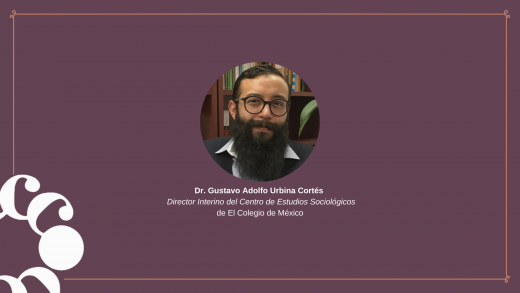
COMECSO felicita al Dr. Gustavo Adolfo Urbina Cortés
comecso - Mar 14, 2025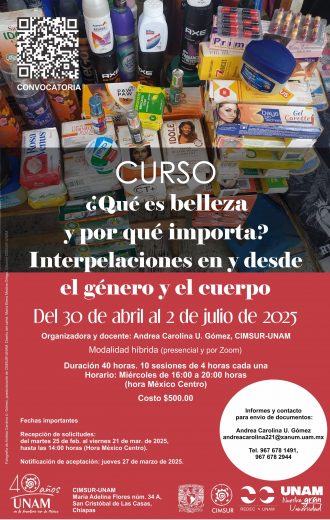
¿Qué es belleza y por qué importa? Interpelaciones en y desde el género y el cuerpo
Laura Gutiérrez - Mar 14, 2025Universidad Nacional Autónoma de México, Centro de Investigaciones Multidisciplinarias sobre Chiapas y la Frontera Sur, Educación Continua Curso ¿Qué es…

Inteligencia artificial y su impacto en las políticas públicas y la economía Global
Laura Gutiérrez - Mar 14, 2025Inteligencia artificial y su impacto en las políticas públicas y la economía Global Número 137 | Año 38 | Enero-Junio…
